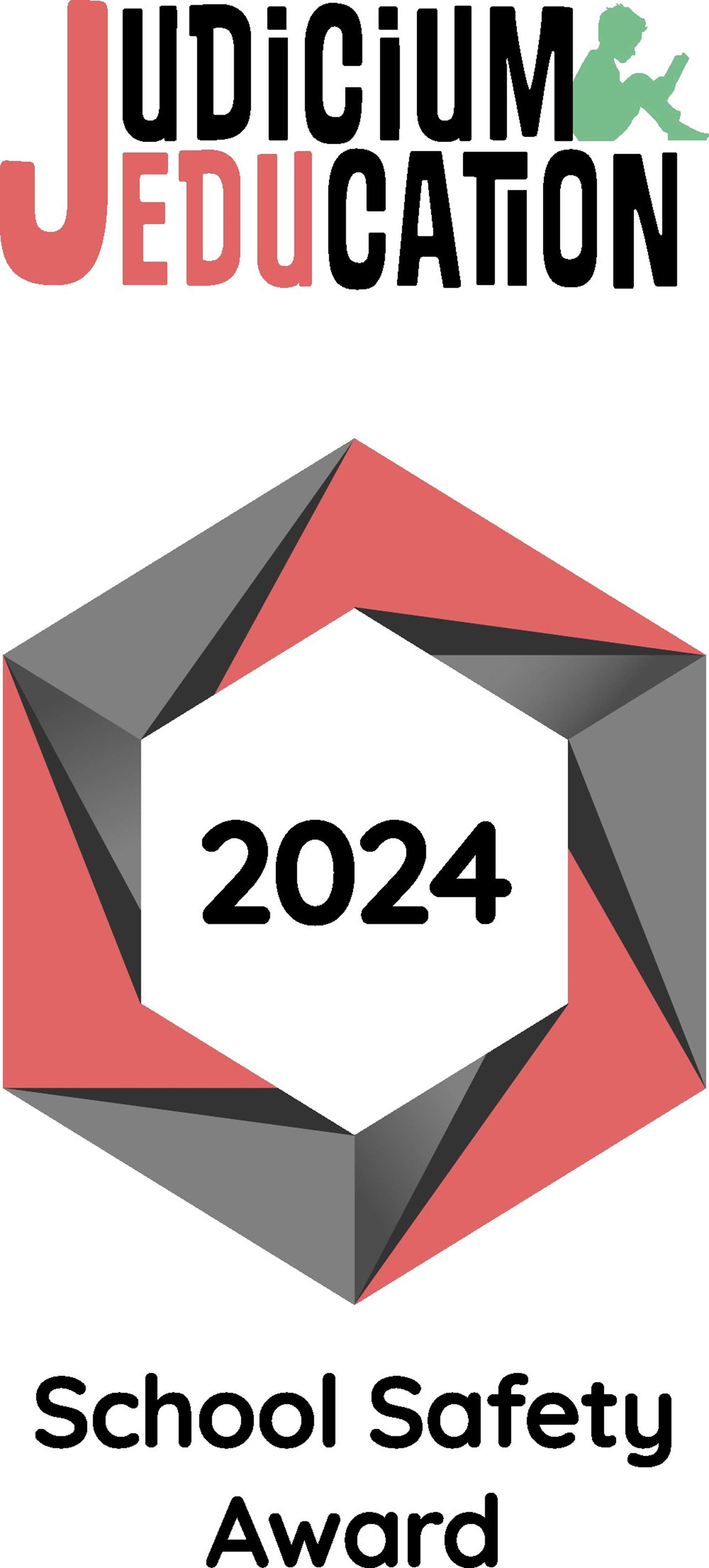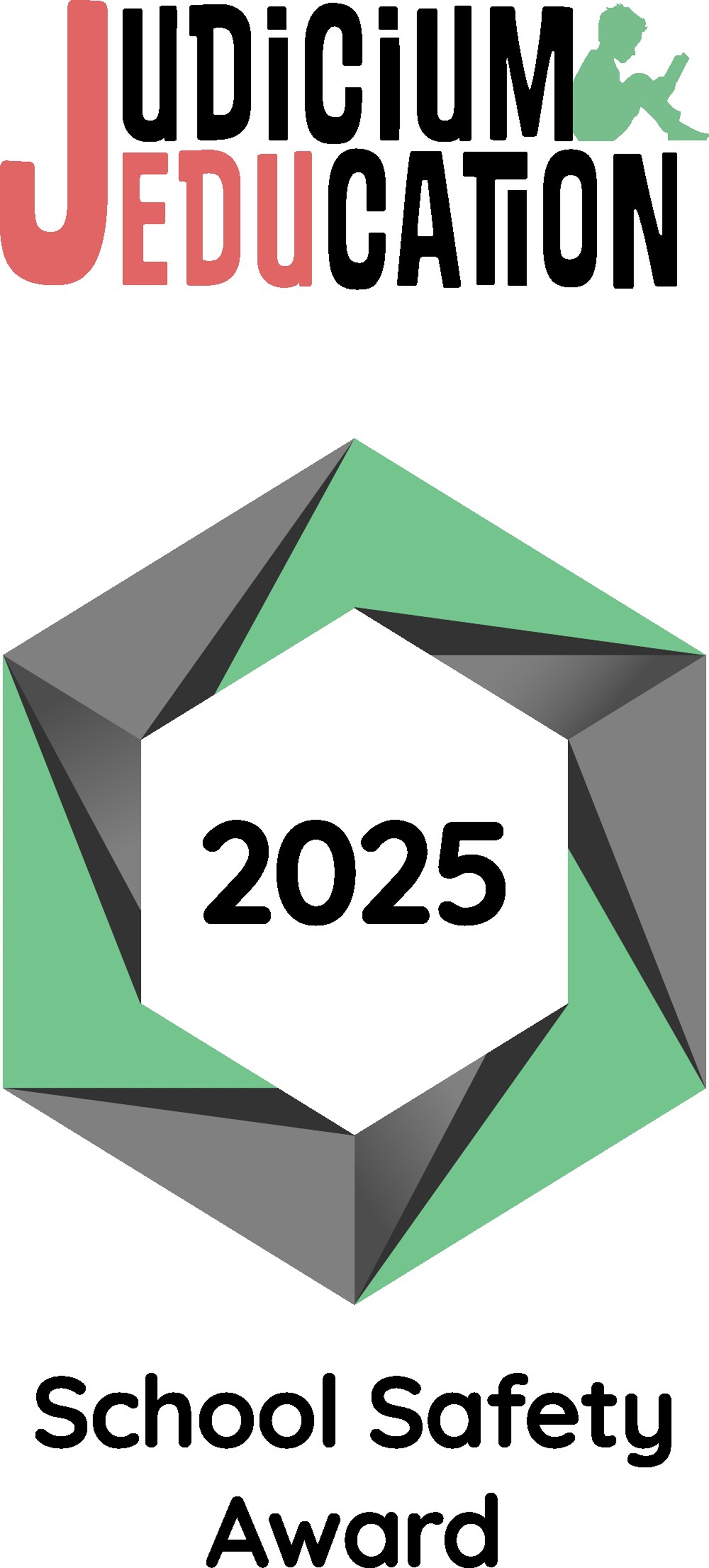Pathways
"Whatever pathways students follow in the sixth form, the school is successful at preparing them for their next steps in education and training" - OFSTED March 2022
Sixth Form Pathways & Curriculum
We offer three different educational pathways for students to follow based on their previous qualifications and future ambitions. These offer a wide range of experiences and qualifications ranging from A-Levels to Entry Level Certificates.
Pathway A:
Programme of Study:
Qualifications are likely to consist of functional skills, entry levels and unit award certificates with possible GCSEs in stronger subjects. An individual programme of independent living skills, and part-time work experience as available and appropriate.
Next Steps:
Students on Pathway A may progress to local further education or into employment.
Pathway B:
Programme of Study:
Qualifications are likely to consist of resit or additional GCSEs with possible BTEC, AS or A Levels in stronger subjects. An individual programme of independent living skills, and part-time work experience as available and appropriate.
Next Steps:
Students on Pathway B may transition to local further education, employment or higher education, possibly via a foundation year.
Pathway C:
Programme of Study:
Qualifications are likely to consist of two or three BTEC, AS or A-Level qualifications. With possible additional or resit GCSEs. An individual programme of independent living skills, and part-time work experience as available and appropriate.
Next Steps:
Students on Pathway C may transition to higher or further education or employment.
All Students
In addition to their chosen academic pathway, all students will receive Personal, Social, Health and Economic Education (PSHE); Relationships and Sex Education (RSE), Spiritual, Moral, Social, and Cultural Development (SMSC), Physical Education (PE) and Cooking.
All students will also have the opportunity to take part in ‘non-qualification’ activities. Examples include:
-
Forest School - on and off-site activities
-
Musical instrument or production lessons.
-
Visits to places of interest i.e. museums, galleries, places of worship, concerts, exhibitions, theatres
-
Leadership opportunities –supporting/mentoring/ role model for younger students.
-
Work experience.
-
College/ University Visits
Examples of qualifications completed in 2023 & 2024
At Great Oaks, we are fortunate to have an experienced and knowledgeable staff who can offer a wide range of subjects and qualifications. Below is a list of some of the qualifications students completed in 2023 & 2024. Depending on staff availability and timetabling constraints not all of these qualifications will be offered yearly. However, we may be able to offer additional subjects not listed below, don't hesitate to get in touch with the office with any questions about subject availability.
AS or A Levels
Mathematics
English Literature
Film Studies
Politics
Biology
Art & Design
Geography
History
GCSEs
English Language
English Literature
Mathematics
Art & Design
Biology
Film Studies
Health & Social Care
Entry Level & Functional Skills
Mathematics
English
Art
Other
Photography – NCFE Level 2
Sport – BTEC Technical Award
Business and Enterprise - NCFE Technical Award
Applied Sciences – BTEC Nationals





